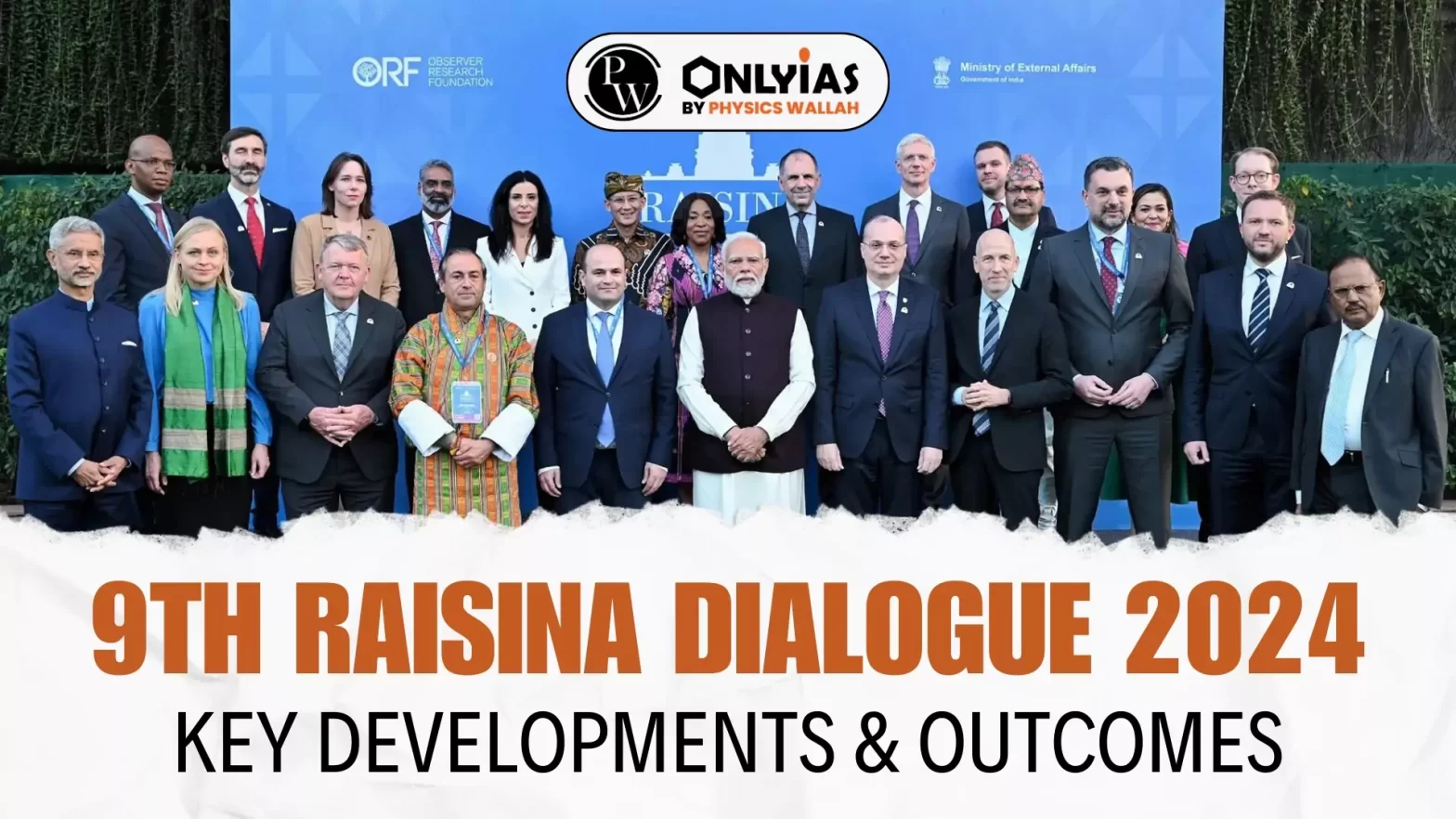![]() 26 Feb 2024
26 Feb 2024

This editorial is based on the news “At the high table: On the Raisina Dialogue” which was published in the Hindu. The ninth edition of the annual Raisina Dialogue held in New Delhi.
| Relevancy for Prelims: Raisina Dialogue 2024, Observer Research Foundation, Soft Power, IMEC Corridor, United Nations, UNSC, and Maritime Security.
Relevancy for Mains: Bilateral, regional and global groupings involving India, Importance of Nordic Baltic Eight. |
|---|
Nordic-Baltic (NB8):
|
The lack of diversity in conversations at the Raisina Dialogue hinders it from becoming the “Made in India” version of the “Global Public Square”.
| Must Read | |
| NCERT Notes For UPSC | UPSC Daily Current Affairs |
| UPSC Blogs | UPSC Daily Editorials |
| Daily Current Affairs Quiz | Daily Main Answer Writing |
| UPSC Mains Previous Year Papers | UPSC Test Series 2024 |

<div class="new-fform">
</div>